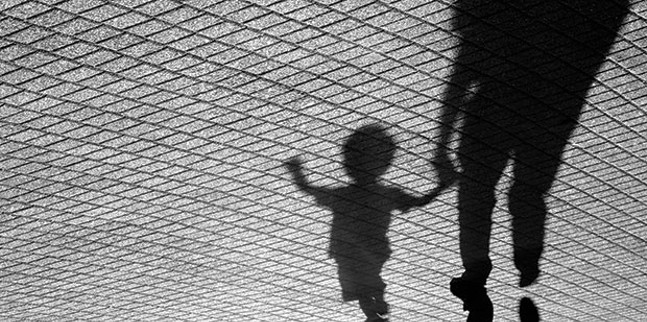At a custody hearing in Allegheny County on May 20, 2016, the 9-year-old boy at the center of the case took the stand and was asked a series of questions. His favorite school subject? Math. His best friend? Drew. His musical instrument of choice? The alto recorder.
But according to court transcripts, the questioning soon turned from school and music to the boy’s relationship with his father. “So what happened when your dad would sleep in the bed with you?” the judge asked.
The boy answered in graphic detail.
“Well, sometimes he would lay on top of me,” the boy said. “He would, like, pull my pajamas down. … Well, the first thing is that I was — I acted asleep, but I was really awake when it all happened. He would stick his penis in my butt crack. … He would do that many times. When under my body he would be squeezing my penis. Sometimes, I get really angry with myself, because I always say that I could have stopped him.”
The 9-year-old’s testimony in court that day mirrored information he disclosed earlier that year at the Pittsburgh Child Advocacy Center. In an interview with a child-advocacy specialist, the 9-year-old said his father had touched his genitals and shown him pornography on the internet.
But despite both sets of testimony, on Dec. 12, 2016, Allegheny County Common Pleas Judge Kim Clark gave the child’s father sole custody, saying she didn’t believe he had sexually assaulted the boy.
The child’s mother has appealed the custody order all the way up to the Pennsylvania Supreme Court. Last week, the court denied her appeal.
As outrageous as this case might sound, Richard Ducote, the attorney representing the mother in this case, says instances like these are all too common.
“Everybody who works in the child-abuse field and the domestic-violence field has been very frustrated with the inability to solve this problem,” says Ducote. “Family courts don’t handle domestic violence and child abuse well. They have a mentality that these are vindictive women that don’t want their kids to have a relationship with the father.”
Children’s advocates say courts grant custody to abusive fathers all too often. They say that although the narrative that the judicial system unfairly favors mothers persists, it couldn’t be farther from the truth. In an effort to address this, the Pennsylvania legislature is currently considering a bill which requires additional training for court personnel involved in custody cases.
“It’s really the same story of the #metoo movement, just in a much more dire setting where children are at stake,” says Joan Meier, founder of DV LEAP, a national nonprofit that works with domestic-violence survivors. “I think it would shock people to know that courts and judges are not more unbiased and objective than anyone else in our society.
“No one wants to believe that this many men are sexually abusing their children, that huge quantities of men at all class levels are doing this. Believing it’s false is a lot easier than believing it’s true.”
At the heart of the problems around custody cases is the concept of parental-alienation syndrome. The term, coined by child psychiatrist Richard Gardner in the 1980s, describes children who have been psychologically manipulated into showing fear or hostility toward a parent and/or other family members.
Ducote has worked on hundreds of child-custody cases and says abusive parents often claim parental alienation to refute abuse allegations. He says the child-custody case he’s currently working on is a clear example of the problem.
“This 9-year-old testified to the … rape that his father was committing and to sexual fondling. This is the same testimony that in criminal cases is sufficient to support a criminal conviction beyond a reasonable doubt,” says Ducote. “But in family court, it’s disregarded, because the courts favor this excuse of parental-alienation syndrome. Courts say this is simply the result of the mother coaching the child to say the father’s beating them, therefore the father should have custody.”
Ducote says the myth that family courts unfairly favor mothers helps protect abusers. According to the Pew Research Center, the vast majority of custody cases are settled out of court, and in 70 percent of those cases, mothers end up with primary custody. But, according to a Massachusetts study from the 1980s, when fathers contest custody, they win 70 percent of the time.
“If you are an abusive and controlling man, the ultimate threat is always, ‘If you leave me, I will take custody of the kids.’ So, what happens in a lot of these cases is, you have these men who have tried everything they can to maintain control of their abused wives. And they can’t, so they turn to the court system, and they fight for custody,” says Ducote. “There are men in treatment who admit to doing this. But most judges don’t understand the dynamics of domestic violence.”



